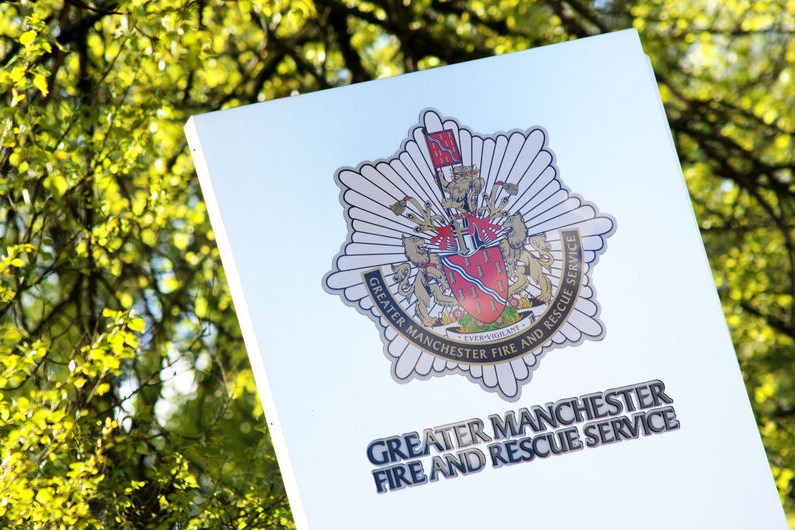
The voice of victims must be central to shaping services – Deputy Mayor
Giving victims a strong voice in the criminal justice system must be at the heart of delivering effective support services, the Deputy Mayor of Greater Manchester has told a conference in Manchester.
Speaking at the Breaking Down Barriers event on Monday 14 October, Deputy Mayor Bev Hughes outlined how Greater Manchester is radically transforming and improving the way victims’ services are delivered.
This includes listening to victims and survivors who have accessed support so they can help shape future services, ensuring an accessible, consistent offer across Greater Manchester.
Organised by domestic abuse charities Agenda, the alliance for women and girls at risk, and AVA, the event explored the findings of a report published by the National Commission on Domestic and Sexual Violence and Multiple Disadvantage earlier this year. The report warned of devastating consequences for women and their families because they are not able to get the support they need.
Deputy Mayor Bev Hughes said: “The findings of the Breaking Down Barriers report were both dismaying and frustrating. Supporting vulnerable and marginalised women is an issue that is very close to my heart and one which I am extremely passionate about. That’s why I’m committed to transforming victims’ services to ensure every victim of crime has access to the right support, in the right place, at the right time.”
A review of victim services is currently underway with almost 600 people contributing to a Greater Manchester-wide survey, which closed on Sunday 13 October. The responses will be used to look at what works well and where improvements need to be made.
Speaking at the conference, the Deputy Mayor outlined a number of innovative initiatives that have been rolled out across Greater Manchester and are already delivering huge benefits to victims and survivors:
- Greater Manchester’s whole-system approach to reducing female offending works with women to address the underlying causes of criminality, such as mental health, domestic abuse, sexual violence and substance abuse. More than 1,500 women a year have been supported in a host of ways including being offered counselling for trauma, support with financial management and accessing permanent housing. As a result, reoffending rates have reduced by nearly ten per cent over the last five years.
- The innovative STRIVE programme helps victims of domestic abuse and their families at an earlier stage to prevent reoffending and stop violence escalating. Police, local authorities and other partner agencies have worked with the voluntary sector to develop a network of Victim Champions, bringing agencies together to signpost victims to relevant support services, share best practice and prevent repeat victims of domestic abuse. In December 2018, the scheme was commissioned on a Greater Manchester-wide scale, supporting an additional 2,000 people.
- Work is also underway to embed a trauma-informed approach to supporting vulnerable people and their families across Greater Manchester. Independent Domestic Violence Advisors (IDVAs) are now placed in some of Greater Manchester’s hospitals, to help train staff in recognising the wider signs of abuse. As a result, more women are being referred into support services. In Wigan, more than 2,000 people have been identified as being a victim of domestic abuse since 2016.
The Deputy Mayor added: “The main thing that links all this work together is the voice of women and their children. In Greater Manchester, we are committed to ensuring that there is a strong voice running through the design, delivery and monitoring of the services we commission.
“This is the key to truly putting victims and survivors of crime at the heart of everything we do.”
Article Published: 16/10/2019 12:36 PM


